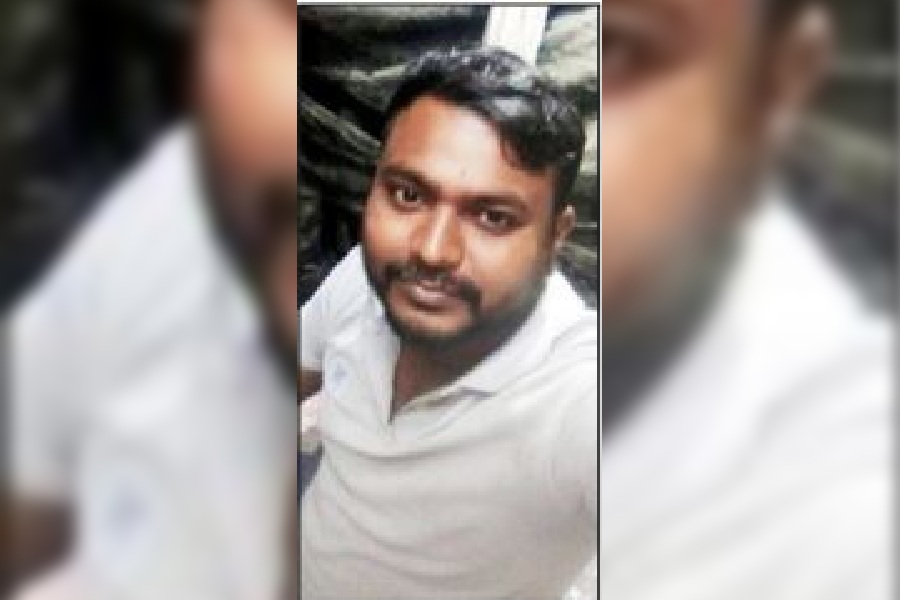Between Friday night and Monday morning, Himanshu Sekhar Dadha had not slept.
The owner of a medicine shop in Soro, some 10km from the train accident site at Bahanaga in Odisha’s Balasore, Dadha had been removing the dead and the injured to the government hospital in the town.
He at times accompanied the dying on ambulances or helped relatives locate the bodies of their loved ones.
The 32-year-old has lost the count of injured passengers he has handled. Maybe close to 270, he says.
The last was on Sunday night. A 26-year-old man was found alive near the railway tracks close to the accident site by personnel of the Odisha police and the National Disaster Response Force.
Dadha received a call from the police and rushed with a few others to bring him to the hospital in Soro.
That was the last one before he decided to catch some sleep. And struggled.
“After three nights, when I closed my eyes on Monday morning, images of broken hands, torn legs and damaged skulls kept hitting me. I struggled to sleep. I remember handling 23 dead bodies alone,” Dadha said.
“Kya drishhya aa raha thaa hum bol nahi payenge (I can’t say about the images that were flashing past). Chhoriye, uske barey mein nahin bol saakta hun main (Leave it, I can’t talk about them).”
The accident involving two express trains and a goods train in Balasore claimed 275 lives and left over 1,000 injured.
Besides the Soro government hospital, the injured were admitted to healthcare facilities in Cuttack, Balasore, Bhadrak and Bhubaneswar. Many have been admitted to hospitals in Bengal as well, including Kolkata.
Dadha said he received a call from a sarpanch around 10pm on Friday night about “some accident” in Bahanaga. He initially thought it was a rumour. But then calls kept coming. He headed to the spot with a few of his acquaintances.
“It was pitch dark and we could only make out that a train had mounted on another and several bogies had overturned. We switched the flashlights of our mobiles and started making our way through passengers lying everywhere,” Dadha said.
“I started pulling the hands that were visible and found several passengers were alive but unconscious. Many of them were possibly unaware of the accident.”
Over the next few hours, Dadha, who got married last year, kept pulling out passengers and placing them on stretchers for ambulances that were to rush to hospitals nearby.
Many residents of adjacent areas joined hands. The light of their mobile phones helped ensure no one stumbled on a dead or an injured passenger.
Dadha did not return home till late on Sunday. He was to be found at the admission counter of the Soro hospital, the morgue at the hospital or the accident site.
“I rescued a 10-year-old boy. He was so severely injured that doctors at the hospital in Soro referred him to Balasore. Inside the hospital, it was such madness that I joined the nurses in stitching wounds. I had a bit of experience having been with doctors and nurses of the hospital for almost a decade now.”
Dadha recalled the trials of the near ones looking for those who were missing. He showed pictures of the dead to relatives and friends before handing over the bodies.
For two families from separate locations in Bengal, Dadha arranged ambulances to ferry the dead home.
“One of the families was from Bengal. The other location I can’t recall. I knew some ambulance drivers and told them that I would be able to afford only the fuel cost. They agreed to take the bodies to your state,” Dadha told The Telegraph.
When this newspaper spoke to him again on Monday night, he was still trying to sleep.
